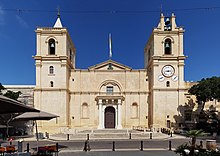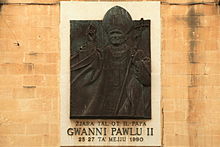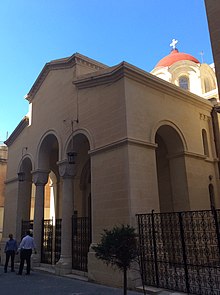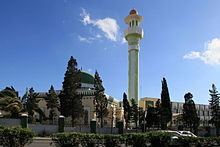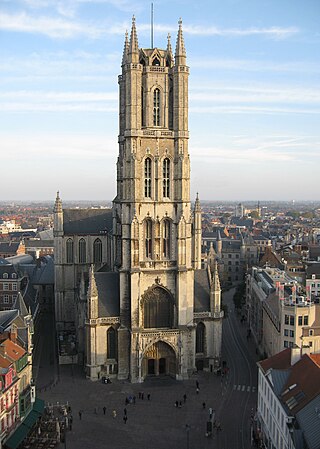
Christianity is the largest religion in Belgium, with the Catholic Church representing the largest community, though it has experienced a significant decline since the 1950s. Belgium's policy separates the state from the churches, and freedom of religion of the citizens is guaranteed by the country's constitution.

British society is one of the most secularised in the world and in many surveys determining religious beliefs of the population agnosticism, nontheism, atheism, secular humanism, and non-affiliation are views shared by a majority of Britons. Historically, it was dominated for over 1,400 years by various forms of Christianity, which replaced preceding Romano-British religions, including Celtic and Anglo-Saxon paganism. Religious affiliations of United Kingdom citizens are recorded by regular surveys, the four major ones being the national decennial census, the Labour Force Survey, the British Social Attitudes survey and the European Social Survey.

The Catholic Church is "the Catholic Communion of Churches, both Roman and Eastern, or Oriental, that are in full communion with the Bishop of Rome ." The church is also known by members as the People of God, the Body of Christ, the "Temple of the Holy Spirit", among other names. According to Vatican II's Gaudium et spes, the "church has but one sole purpose–that the kingdom of God may come and the salvation of the human race may be accomplished."

Christianity is the largest religion in Germany. It was introduced to the area of modern Germany by 300 AD, while parts of that area belonged to the Roman Empire, and later, when Franks and other Germanic tribes converted to Christianity from the fifth century onwards. The area became fully Christianized by the time of Charlemagne in the eighth and ninth century. After the Reformation started by Martin Luther in the early 16th century, many people left the Catholic Church and became Protestant, mainly Lutheran and Calvinist. In the 17th and 18th centuries, German cities also became hubs of heretical and sometimes anti-religious freethinking, challenging the influence of religion and contributing to the spread of secular thinking about morality across Germany and Europe.

Religion has been a major influence on the societies, cultures, traditions, philosophies, artistic expressions and laws within present-day Europe. The largest religion in Europe is Christianity. However, irreligion and practical secularisation are also prominent in some countries. In Southeastern Europe, three countries have Muslim majorities, with Christianity being the second-largest religion in those countries. Ancient European religions included veneration for deities such as Zeus. Modern revival movements of these religions include Heathenism, Rodnovery, Romuva, Druidry, Wicca, and others. Smaller religions include Indian religions, Judaism, and some East Asian religions, which are found in their largest groups in Britain, France, and Kalmykia.

Christianity is the largest religion in Luxembourg, with significant minorities of non-religious people and adherents of other faiths.
As of 2011, most Armenians in Armenia are Christians (97%) and are members of the Armenian Apostolic Church, which is one of the oldest Christian churches. It was founded in the 1st century AD, and in 301 AD became the first branch of Christianity to become a state religion.

Christianity is the largest religion in England, with the Church of England being the nation's established state church, whose supreme governor is the monarch. Other Christian traditions in England include Roman Catholicism, Methodism, Presbyterianism, Mormonism, and the Baptists. After Christianity, the religions with the most adherents are Islam, Hinduism, Sikhism, Judaism, Buddhism, modern paganism, and the Bahá'í Faith. There are also organisations promoting irreligion, including humanism and atheism. According to the 2021 census, Shamanism is the fastest growing religion in England.
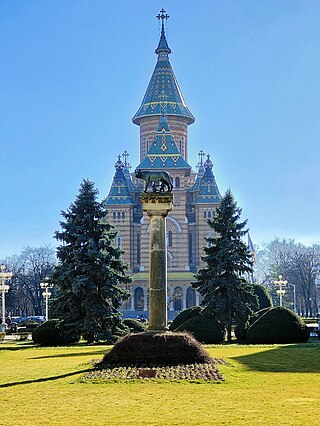
Christianity is the main religion in Romania, with Romanian Orthodoxy being its largest denomination.
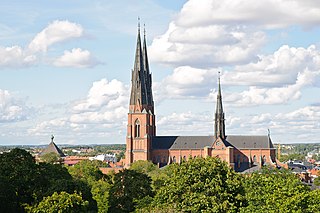
Religion in Sweden has, over the years, become increasingly diverse. Christianity was the religion of virtually all of the Swedish population from the 12th to the early 20th century, but it has rapidly declined throughout the late 20th and early 21st century.

Christianity is the religion of 6% of the population of Djibouti. Christians are mostly of Ethiopian and European ancestry. Most Christians are Ethiopian Orthodox or Roman Catholic. The constitution of Djibouti includes freedom of religion, although Islam is the state religion. There is a tolerant attitude between religions in general. Proselytizing by any faith in public is not allowed.

Finland is a predominantly Christian nation where 65.2% of the Finnish population of 5.6 million are members of the Evangelical Lutheran Church of Finland (Protestant), 32.0% are unaffiliated, 1.1% are Orthodox Christians, 0.9% are other Christians and 0.8% follow other religions like Islam, Hinduism, Buddhism, Judaism, folk religion etc. These statistics do not include, for example, asylum seekers who have not been granted a permanent residence permit.

According to the Lithuanian census of 2021, the predominant religion in Lithuania is Christianity, with the largest confession being that of the Catholic Church. There are smaller groups of Orthodox Christians, Evangelical Lutherans, members of Reformed churches, other Protestants, Jews and Muslims as well as people of other religions.

The dominant religion in Slovenia is Christianity, primarily the Catholic Church, which is the largest Christian denomination in the country. Other Christian groups having significant followings in the country include Eastern Orthodoxy and Protestantism (Lutheranism). Islam, Judaism and Hinduism are small minorities in Slovenia. About 18% of the population are either agnostic or atheist.

The predominant religion in the Republic of Ireland is Christianity, with the largest denomination being the Catholic Church. The Constitution of Ireland says that the state may not endorse any particular religion and guarantees freedom of religion.

In the small Mediterranean island nation of Malta the predominant religion is Roman Catholicism.

Estonia, historically a Lutheran Christian nation, is today one of the "least religious" countries in the world in terms of declared attitudes, with only 14 percent of the population declaring religion to be an important part of their daily life. This is thought to largely be a result of the Soviet occupation of Estonia in 1940, prior to which Estonia had a large Christian majority.

The main religion traditionally practiced in Latvia is Christianity. As of 2019, it is the largest religion (68.84%), though only about 7% of the population attends religious services regularly.
Christianity is predominant religion in Jamaica. Jamaica's laws establish freedom of religion and prohibit religious discrimination. According to the census of 2011, 69% of the population are Christians of various denominations, while 21% stated they had no religion.

Religion in the Falkland Islands is predominantly Christianity, of which the primary denominations are Church of England, Roman Catholic, United Free Church, Lutheran, Jehovah's Witnesses, Seventh-day Adventists among others. In the 2006 census most islanders identified themselves as Christian, followed by those who refused to answer or had no religious affiliation. The remaining 1.3 percent were adherents of other faiths.

